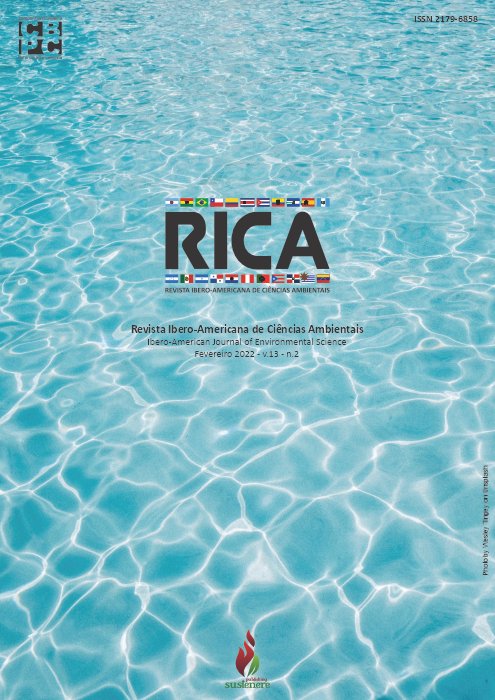Rice farming in Roraima and waste management
DOI:
https://doi.org/10.6008/CBPC2179-6858.2022.002.0019Keywords:
Irrigated rice, Rice husks, Beneficiaries, Briquette, Good viewAbstract
Brazil continues to stand out worldwide in the production of paddy rice. However, it is worth noting that during the beneficiation process, some residues are generated, including rice husk, which represents approximately 20% of the total paddy rice produced. Therefore, the objective of this study is to identify the production of irrigated rice and the destination of residues from the rice processing process in Boa Vista, capital of the State of Roraima. Through a qualitative-quantitative methodology, with visits to processing plants and documentary research, it was possible to update production data and identify the destination of rice husk in three processing plants located in the municipality. Thus, it was observed that, in general, companies incinerate the rice husks resulting from the beneficiation process, using it as fuel for the rice drying stage, in addition to selling it to third parties to be used in pastoral work and the surplus is disposed of in the landfill. Therefore, it is necessary to seek other destinations that are economically viable and environmentally healthy for the use of this residue, which have great potential in the industrial sector, making the rice cycle in Roraima less polluting, effectively sustainable and even more profitable, adding more value to the product.
Downloads
Downloads
Published
Issue
Section
License
Copyright (c) 2022 Ibero-American Journal of Environmental Sciences

This work is licensed under a Creative Commons Attribution-NonCommercial-NoDerivatives 4.0 International License.
The CBPC - Companhia Brasileira de Produção Científica (Brazil CNPJ: 11.221.422/0001-03) the material rights of the published works. The rights relate to the publication of the work anywhere in the world, including rights to renewals, expansions and dissemination of the contribution, as well as other subsidiary rights. All electronically published works may subsequently be published in printed collections under the coordination of this company and / or its partners. The authors preserve the copyright, but are not allowed to publish the contribution in another medium, printed or digital, in Portuguese or in translation.









